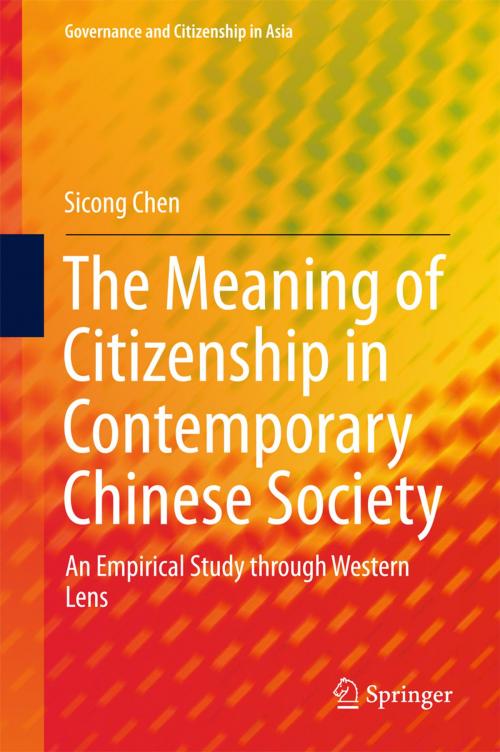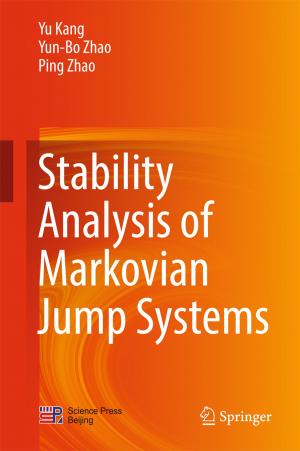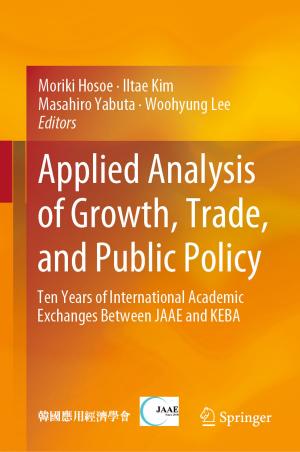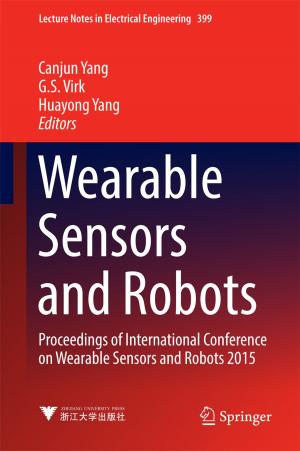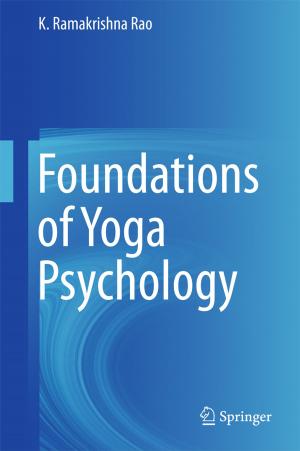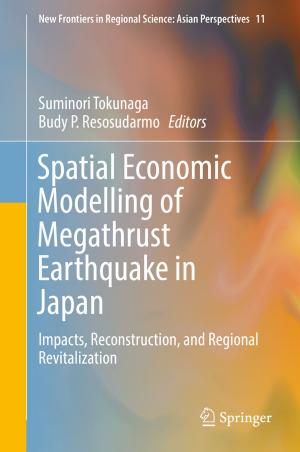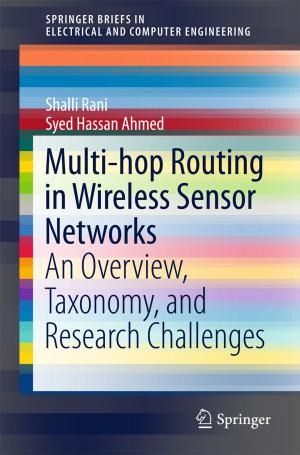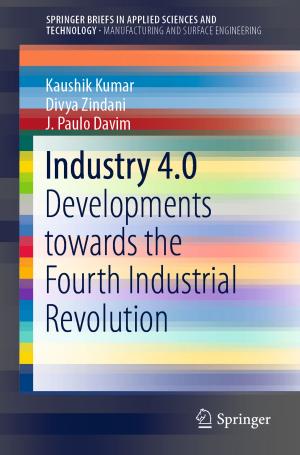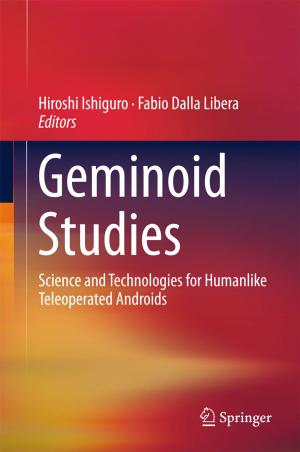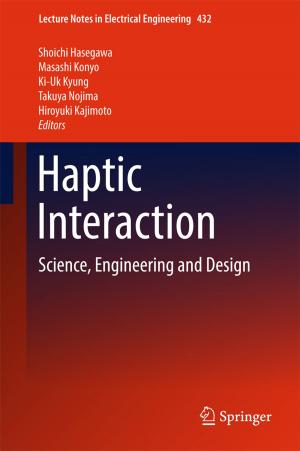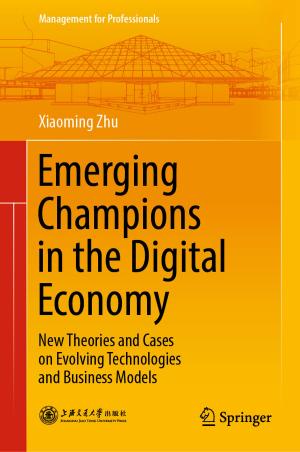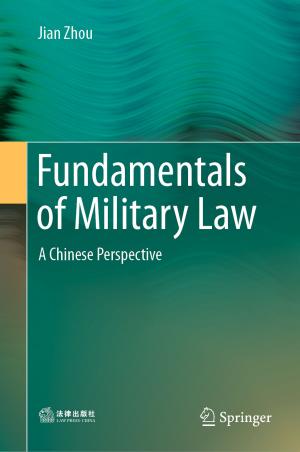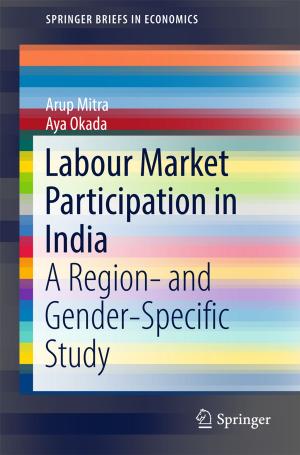The Meaning of Citizenship in Contemporary Chinese Society
An Empirical Study through Western Lens
Nonfiction, Reference & Language, Education & Teaching, Educational Theory, Philosophy & Social Aspects| Author: | Sicong Chen | ISBN: | 9789811063237 |
| Publisher: | Springer Singapore | Publication: | September 13, 2017 |
| Imprint: | Springer | Language: | English |
| Author: | Sicong Chen |
| ISBN: | 9789811063237 |
| Publisher: | Springer Singapore |
| Publication: | September 13, 2017 |
| Imprint: | Springer |
| Language: | English |
This book is a direct and empirical response to the mounting official interest in citizenship education, increasing dynamics between state and society, and growing citizenship awareness and practice in society in contemporary China. Placing the focus on society, the book investigates the meaning of the Chinese term gongmin – equivalent to ‘citizen’ – in non-official media discourses and in university students’ and migrant workers’ perceptions, through the constructed analytical lens of Western citizenship conception. By laying out the complex details of how the meaning of the term resembles and deviates in and between collective social discourses and individual citizens’ understandings with reference to state discourses, the book makes clear that there is discrepancy in the meaning of gongmin between state and society and that the meaning varies in contemporary Chinese society.
Cutting across multiple topics, this book is a valuable resource for students and researchers interested in Chinese citizenship, East-West citizenship, citizenship education, the media, university students and migrant workers in China.
This book is a direct and empirical response to the mounting official interest in citizenship education, increasing dynamics between state and society, and growing citizenship awareness and practice in society in contemporary China. Placing the focus on society, the book investigates the meaning of the Chinese term gongmin – equivalent to ‘citizen’ – in non-official media discourses and in university students’ and migrant workers’ perceptions, through the constructed analytical lens of Western citizenship conception. By laying out the complex details of how the meaning of the term resembles and deviates in and between collective social discourses and individual citizens’ understandings with reference to state discourses, the book makes clear that there is discrepancy in the meaning of gongmin between state and society and that the meaning varies in contemporary Chinese society.
Cutting across multiple topics, this book is a valuable resource for students and researchers interested in Chinese citizenship, East-West citizenship, citizenship education, the media, university students and migrant workers in China.
